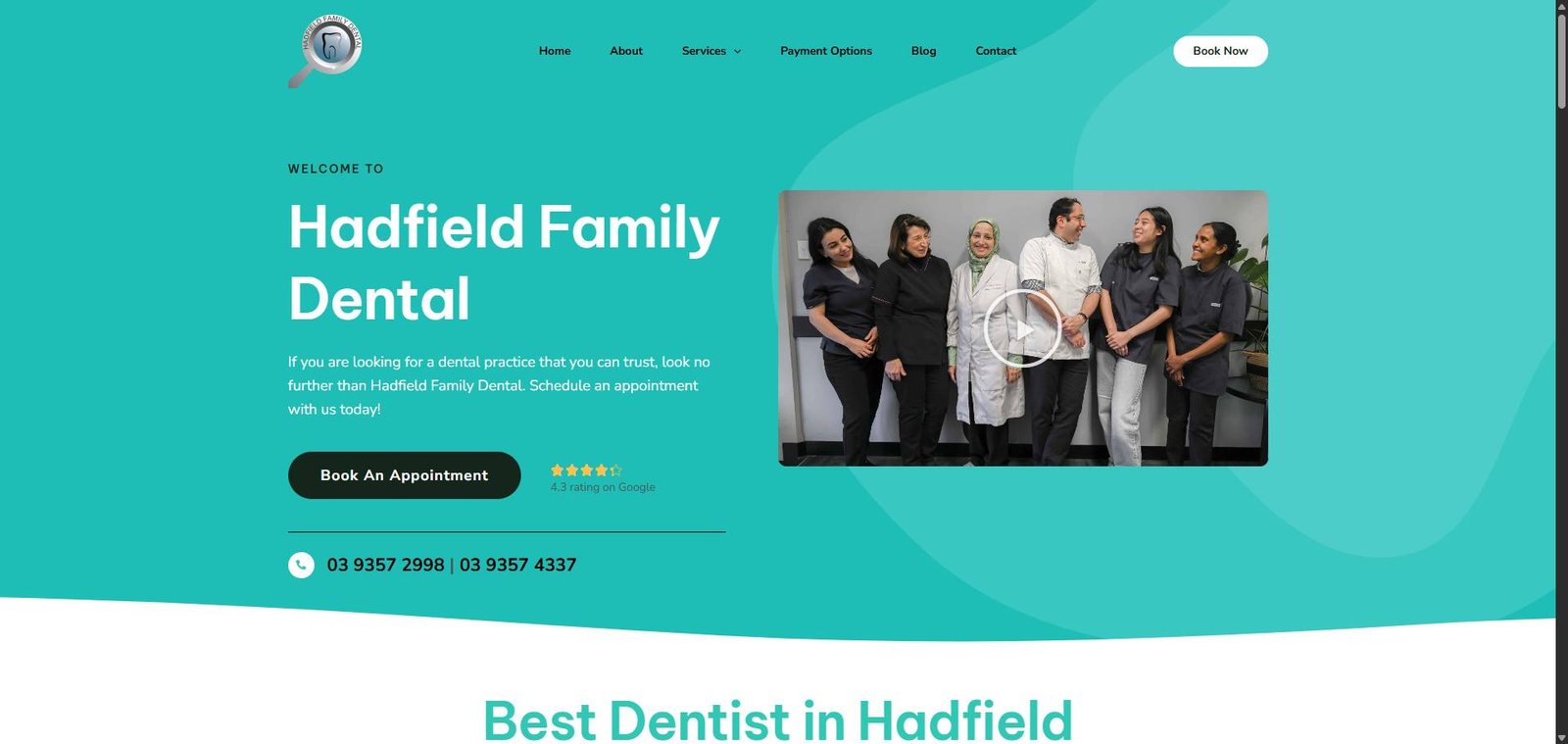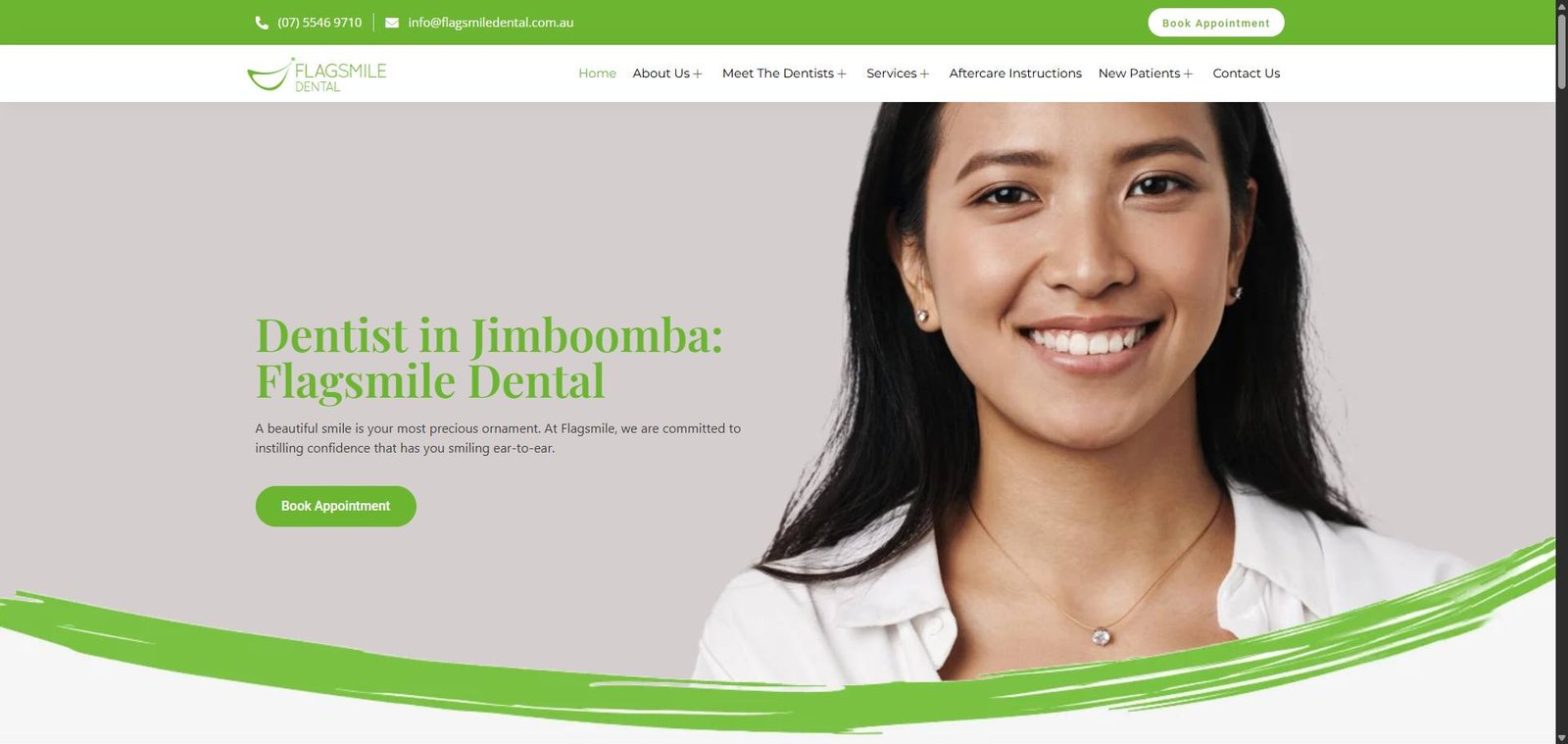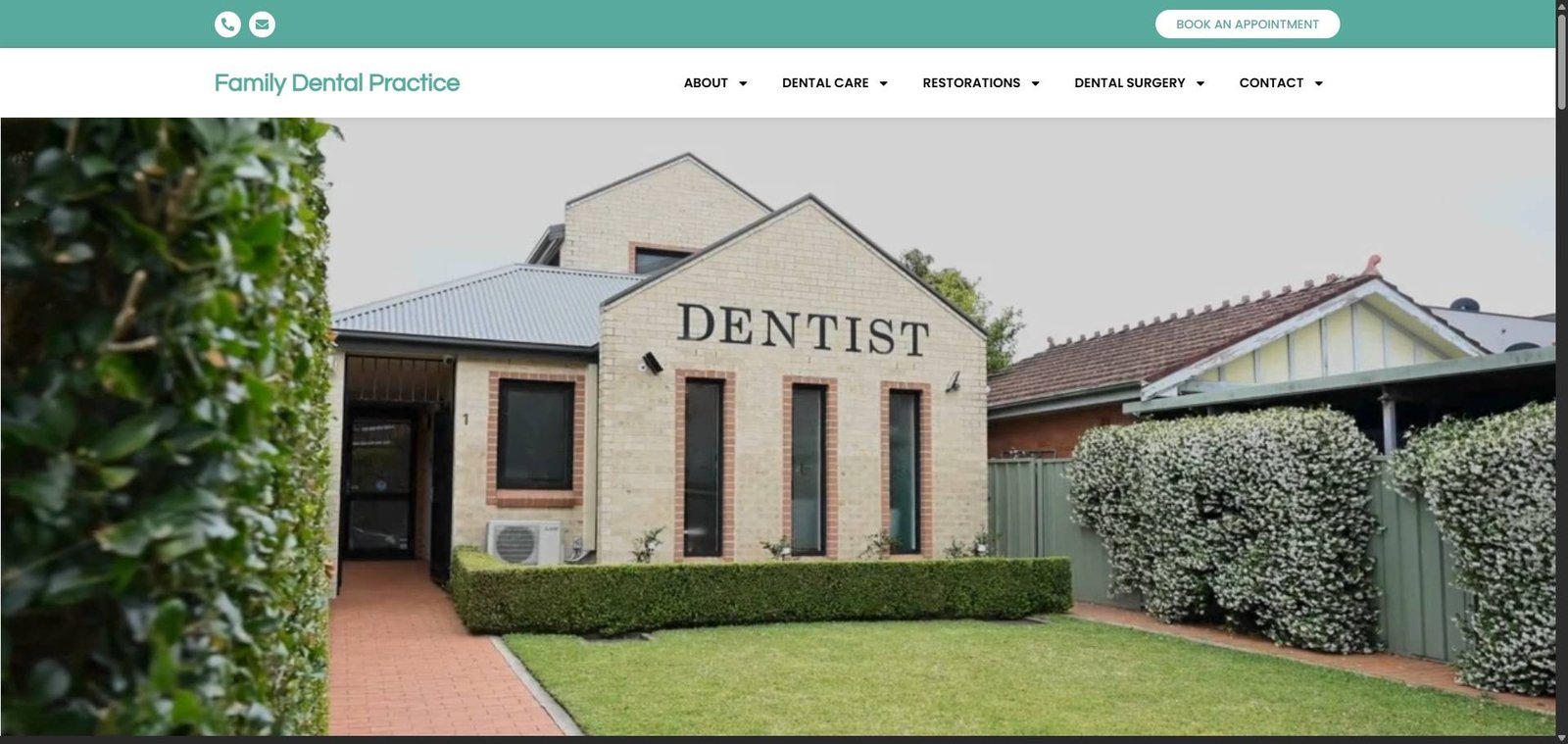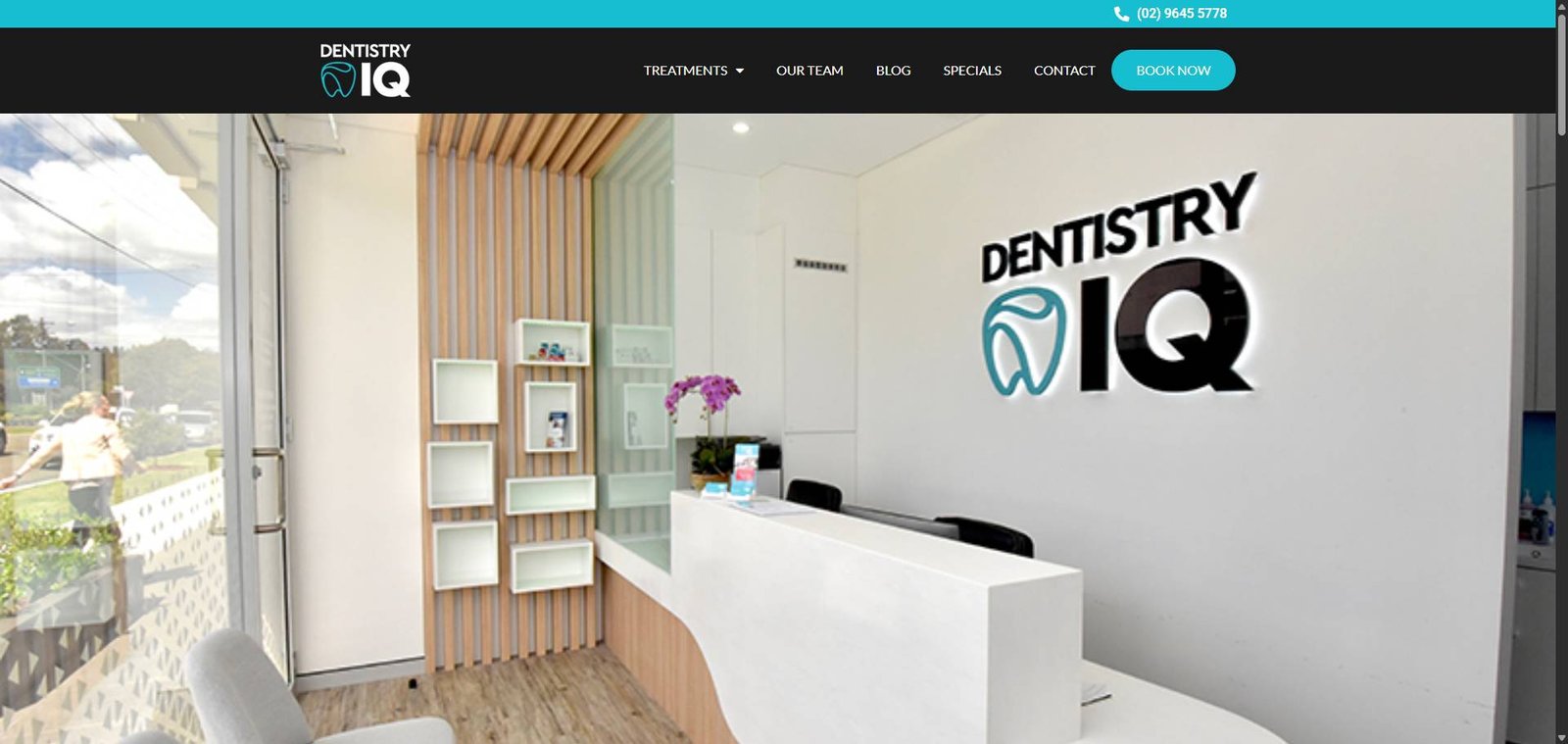Marketing psychology and psychiatry services requires exceptional sensitivity and ethical consideration. Mental health advertising must balance effective patient attraction with responsible messaging that doesn’t exploit vulnerability or create unrealistic expectations. The stakes are higher in mental health marketing because your potential patients may be in crisis, experiencing stigma, or making decisions that significantly impact their wellbeing.
Successful mental health marketing builds trust through education, reduces stigma through honest communication, and makes quality care accessible to people who need support. Your advertising should reflect the same care, professionalism, and ethical standards you bring to clinical practice while effectively reaching people who can benefit from your services.
The Ethical Foundation of Mental Health Marketing
Mental health advertising operates under stricter ethical guidelines than most medical marketing because patients are often in vulnerable states when seeking psychological services.
Vulnerability considerations require extra care in messaging and targeting. People searching for mental health help may be experiencing crisis situations, trauma, or severe distress that affects their decision-making capacity.
Stigma reduction should be a goal of all mental health marketing rather than exploiting shame or fear to drive appointments. Your advertising can help normalize mental healthcare while attracting patients.
Realistic expectations must be maintained in all marketing messages. Avoid promising quick fixes or guaranteed outcomes that aren’t supported by clinical evidence.
Professional boundaries in advertising should reflect the same ethical standards you maintain in clinical practice, including honesty, competence, and respect for patient autonomy.
Cultural sensitivity becomes essential when marketing mental health services to diverse populations with different attitudes toward psychological care and stigma levels.
Platform-Specific Advertising Strategies
Different advertising platforms have varying policies and audience behaviors that affect how mental health professionals can effectively and compliantly promote their services.
Google Ads for mental health services require healthcare advertising certification and careful attention to policy compliance. Focus on educational content and professional qualifications rather than emotional manipulation.
Meta advertising policies strictly regulate mental health content, particularly targeting based on health conditions or emotional states. Build campaigns around professional services rather than specific mental health conditions.
LinkedIn advertising can be effective for reaching professional audiences who may prefer workplace stress management, executive coaching, or professional development services.
Content marketing through blogs and educational resources often provides better long-term results than direct advertising while building trust and authority.
Professional directory optimization on psychology-specific platforms may provide better qualified leads than general advertising platforms.
Building Trust for Sensitive Mental Health Topics
Mental health marketing requires exceptional trust-building because patients must feel safe sharing intimate details about their psychological experiences.
Professional credential display should be prominent and clearly explained. Many potential patients don’t understand differences between psychologists, psychiatrists, social workers, and counselors.
Therapeutic approach explanation helps patients understand your treatment methods and determine whether your approach aligns with their preferences and needs.
Confidentiality assurance should be clearly communicated in all marketing materials since privacy concerns prevent many people from seeking mental health care.
Personal connection through appropriate self-disclosure about your therapeutic philosophy or motivation for mental health work can help potential patients feel more comfortable.
Treatment process transparency reduces anxiety by clearly explaining what happens during sessions, how treatment plans develop, and what patients can expect from the therapeutic process.
Targeting Different Mental Health Patient Populations
Mental health services serve diverse populations with vastly different needs, comfort levels, and barriers to seeking care that require specialized marketing approaches.
Anxiety and depression represent the largest patient populations seeking psychological services. Content should be hopeful and empowering rather than pathologizing normal stress responses.
Trauma and PTSD marketing requires exceptional sensitivity and should focus on safety, healing, and evidence-based treatment approaches rather than dramatic descriptions of traumatic experiences.
Relationship and couples therapy appeals to people seeking to improve functioning relationships rather than just address problems. Marketing should emphasize growth and communication improvement.
Child and adolescent services are chosen by parents who need reassurance about therapeutic approaches, confidentiality handling, and family involvement in treatment.
Workplace and executive services can be marketed more directly as professional development and stress management rather than traditional mental health treatment.
Content Marketing That Reduces Mental Health Stigma
Educational content serves dual purposes in mental health marketing: it demonstrates expertise while helping reduce societal stigma that prevents people from seeking needed care.
Mental health education that explains common conditions, treatment approaches, and recovery processes helps normalize psychological services while positioning you as a knowledgeable resource.
Myth-busting content addresses common misconceptions about therapy, medication, and mental health treatment that create barriers to care seeking.
Self-help guidance provides immediate value while showing your expertise and approach to mental health challenges. Balance helpful information with clear guidance about when professional help is needed.
Success story sharing done appropriately and with proper consent can provide hope while demonstrating treatment effectiveness. Focus on general outcomes rather than specific details.
Mental wellness content appeals to broader audiences interested in stress management, relationship improvement, and personal growth rather than just those with diagnosed mental health conditions.
Email Sequences for Different Therapy Types
Different therapeutic approaches and patient populations benefit from specialized email communication strategies that match their treatment needs and communication preferences.
Cognitive Behavioral Therapy sequences can include homework reminders, cognitive technique practice suggestions, and educational content about thought pattern awareness.
Trauma therapy support emails should be gentle and focus on safety, grounding techniques, and therapy process education rather than detailed trauma-related content.
Couples therapy communication can include relationship skill practice suggestions, communication exercise reminders, and educational content about healthy relationship dynamics.
Group therapy support emails can provide session reminders, group guideline reinforcement, and individual encouragement for group participation.
Medication management communication for psychiatry patients should include adherence reminders, side effect education, and appointment scheduling for medication reviews.
Crisis Support and Emergency Response
Mental health practices need email automation strategies that support patients in crisis while ensuring appropriate professional boundaries and emergency response protocols.
Crisis resource information should be included in all mental health email communications, providing immediate access to emergency mental health services and suicide prevention resources.
Emergency contact protocols should be clearly explained in automated emails so patients understand how to reach help outside normal business hours.
Safety planning support can be provided through email resources while emphasizing that individual safety plans should be developed in collaboration with providers.
Community resource sharing through email can connect patients with support groups, community mental health resources, and additional services that support their therapeutic goals.
Professional boundary reinforcement in automated communications should clearly explain the limitations of email support and when immediate professional intervention is needed.
Measuring Mental Health Marketing Effectiveness
Mental health marketing measurement must balance business metrics with ethical considerations about patient vulnerability and treatment effectiveness.
Patient acquisition costs should be evaluated alongside patient treatment completion rates and outcomes to ensure marketing attracts patients who benefit from services.
Treatment engagement metrics such as session attendance, homework completion, and therapeutic goal achievement may correlate with different marketing approaches.
Patient satisfaction surveys can provide insights into how marketing communications affect patient expectations and therapeutic relationship development.
Referral source tracking helps identify which marketing efforts attract patients most likely to engage successfully in treatment.
Community impact measurement through broader mental health awareness and stigma reduction efforts reflects the ethical goals of responsible mental health marketing.
Compliance with Professional Standards
Mental health advertising must comply with professional ethical codes and regulatory requirements that don’t apply to other medical specialties.
Professional board guidelines for psychologists, psychiatrists, and other mental health professionals include specific restrictions on advertising claims and patient targeting methods.
Confidentiality protection must be maintained throughout all marketing activities, with particular attention to patient testimonials and success story sharing.
Competence representation requires honest communication about training, experience, and scope of practice without overstating qualifications or treatment capabilities.
Professional relationship boundaries should be maintained in marketing communications just as in clinical practice, avoiding dual relationships or inappropriate personal disclosure.
Evidence-based claims about treatment effectiveness must be supported by professional literature rather than personal opinions or individual success stories.
Building Long-Term Therapeutic Relationships
Mental health email marketing should support the development of strong therapeutic relationships rather than just driving immediate appointments.
Therapeutic alliance building can begin through email communication that demonstrates your understanding, empathy, and professional competence before initial appointments.
Treatment preparation emails help patients understand what to expect from therapy while beginning the process of therapeutic engagement and goal setting.
Between-session support through appropriate email resources can enhance therapeutic progress while maintaining professional boundaries and expectations.
Treatment completion celebration acknowledges patient progress and therapeutic achievements while encouraging ongoing mental health maintenance and self-care.
Referral and transition support when patients need different levels of care or specialized services demonstrates ongoing commitment to their wellbeing beyond your direct services.
Mental health marketing succeeds when it combines effective patient attraction with genuine commitment to reducing stigma and improving access to quality psychological care. By maintaining ethical standards while creating compelling, educational marketing campaigns, mental health professionals can build sustainable practices that truly serve their communities’ psychological wellbeing.
Conclusion
Mental health marketing requires balancing patient attraction with ethical responsibility. Success comes from building trust through education while respecting patient vulnerability and maintaining professional standards throughout your advertising efforts.
We know the unique challenges of marketing mental health services ethically and effectively. Pracxcel creates compliant psychology practice marketing that attracts the right patients. Ready to grow your practice responsibly? Let’s discuss ethical marketing strategies that work.







